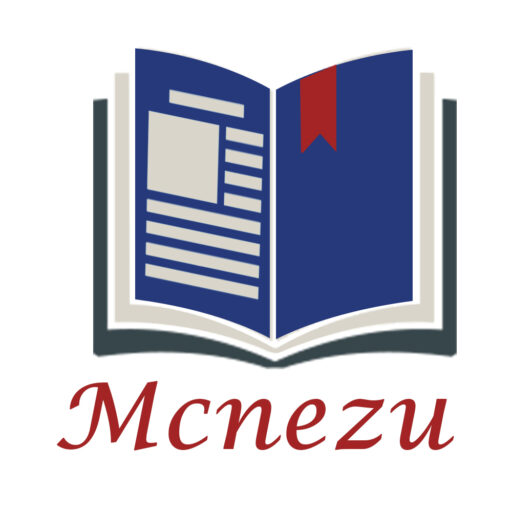“The Quran is literally translated as ‘that which is frequently recited.’ A web of rhythm and meaning, whose words throb through Muslim worship and break surface at every stage of the believer’s life, sanctifying existence with the perfume of eternal.” [Abdul Wadod Shalabi in “Islam – Religion of Life”] For every Muslim, the Quran serves as a source of divine instruction. Its revelation to the Prophet Muhammad (peace be upon him) and his practical application of the revelation completed God’s blessing for humanity by presenting us with an eternal belief and value system. The Quran validates the revelations given to prior Prophets, even if we may not be able to access them in their original form. This Divine book has moved nations and civilizations because of its beautiful language and reasonable message that directly speaks to the human heart. It will always guide those who turn to God with a true heart.
You may also like to learn about the Online Quran Classes for kids.
When was the Qur’an composed?
The Qur’an, according to Muslim literary sources, did not formally exist as a fixed book when the Prophet died in 632, but was “written down on palm-leaf stalks, dispersed parchments, shoulder blades, limestone, and memorised in the hearts of men.” A standardised copy of the Qur’an was created and delivered to the principal centres of the Islamic Empire during the reign of one of Muhammad’s later successors, the caliph Uthman (r. 644–656). Although the caliph’s original codices have perished, one of his lasting achievements is the establishment of a fixed text. The British Library houses one of the earliest copies of the Qur’an, which dates from the 8th century and contains more than two-thirds of the whole book.
Hadith and Sunnah
The Sunnah, or the Prophet Muhammad’s practise and examples, and the Hadith, or records of what the Prophet Muhammad said or authorised, are two other canonical sources in addition to the Qur’an. Both the Hadith and the Sunnah must follow a precise chain of transmission to confirm their legitimacy, taking into account criteria like the character of the people in the chain and narration continuity. Reports that do not satisfy these requirements will be ignored.
The Quran’s Survival
Muslims believe that God revealed numerous things to humanity throughout history, and that these revelations changed through time. God, on the other hand, opted to preserve His message to humanity in the Quran, His final revelation. However, one would wonder what evidence there is to back up the assertion that the Quran has never been altered. Over the course of 23 years, the Quran was revealed to Prophet Muhammad. The Quran’s peculiar rhythmic pattern made it easy to memorise, which has been the main source of its survival. Furthermore, because Prophet Muhammad was unable to read or write, scribes were selected to record the Quran as it was revealed to him. As a result, the Quran was not only memorised by Prophet Muhammad and many of his companions, but it also existed in its entirety in written form throughout his lifetime.
Translations
Despite the fact that the Qur’an has been translated into over 40 languages, Muslims are nevertheless taught to learn and recite it in Arabic, even if it is not their first language and they are unable to speak in it. Muslims consider translations to be fresh versions of the holy book rather than translations in the traditional sense.
Qur’an memorization
Because books were not easily available during the time of the Qur’an’s revelation, it was normal for individuals to memorise it. The ability to commit the Qur’an to memory aided in its preservation, and anyone who is capable of doing so is known as a hafiz.
Conclusion
For Muslims, the Qur’an has been an endless source of inspiration in every field of knowledge and human endeavour. Devout Muslims argue that it refers to every scenario in the existence of Muslim societies, as well as every Muslim individual’s predicament. Muslims maintain that the Qur’an applies to all situations at all times. Yet, in order for the Qur’an to be universal in breadth and meaning, every Muslim reads and memorises it as if it were sent down at that very moment, and only for him or her.
Author Bio
Muhammad Junaid is a senior Analyst and Search Engine Expert. Extensive experience being a lead writer in Quran for Kids. Work for years with local and international enterprises. Also, represent well-known brands in the UAE.
Read more: Mobile Apps Could Just Save Your Life

